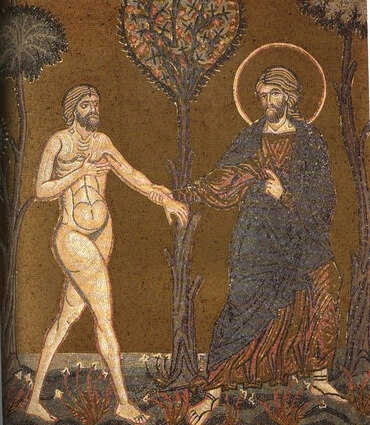16
And the feast of harvest, the firstfruits of thy labours, which thou hast sown in the field: and the feast of ingathering, which is in the end of the year, when thou hast gathered in thy labours out of the field.
16
And the feast of harvest, the firstfruits of thy labours, which thou hast sown in the field: and the feast of ingathering, which is in the end of the year, when thou hast gathered in thy labours out of the field.
By New Christian Bible Study Staff

The Children of Israel were told to keep three feasts each year - the feast of unleavened bread, the feast of first fruits, and the feast of ingathering. Should we still do that?
In Exodus 23:14-16, Moses receives the instructions about these feasts. Those three verses in Exodus comprise our brief story. Their inner meaning is explained in Arcana Coelestia 9286-9296.
There are three feasts. In the Word, the number three represents a completeness, a sense of things being covered from beginning to end. Our thankfulness to the Lord is supposed to keep going - to endure.
The first feast, of unleavened bread, stands for worship, for our thankfulness for the Lord's action in our minds to get rid of false ideas. That enables us to start to receive good loves.
The second feast, of first fruits, relates to the planting of true ideas in that "soil" of initial loves for doing good.
The third feast, of harvest, or ingathering, stands for the time when, by applying our true ideas, we receive real good - loves of the neighbor and of the Lord - that become the middle of our lives. This is the state of rebirth, where we have - by working through the year (our lives), and enduring in thankfulness, allowed the Lord to get rid of our false ideas, and push our evil loves to the periphery, so that good can work, and be fruitful.
These feasts, then, represent the progress of our spiritual lives. In some manner, we need to keep them.

As with common verbs in general, the meaning of “come” in the Bible is highly dependent on context – its meaning is determined largely by who is coming to whom and the circumstances of the action. In general, though, to come to someone - or to come to a place - represents the presence of one spiritual state with another, communication from one to the other and ultimately conjunction between them.